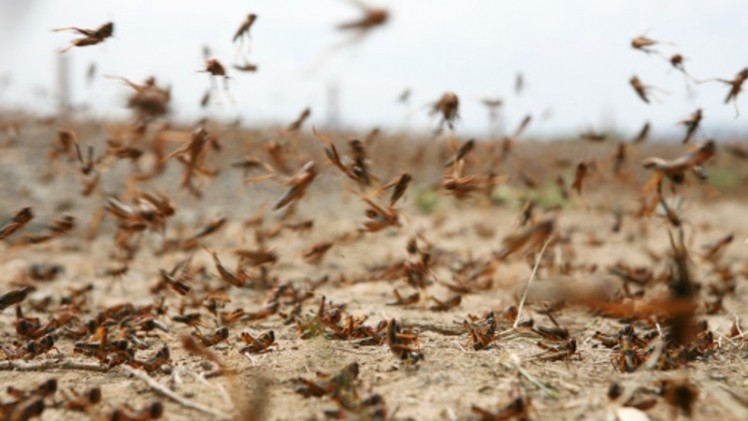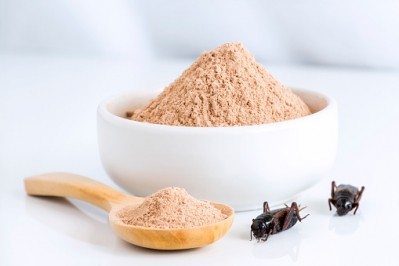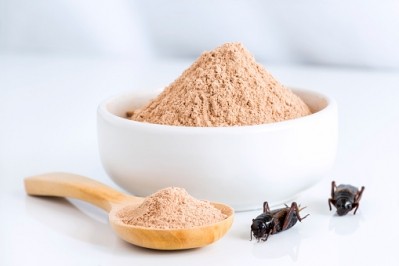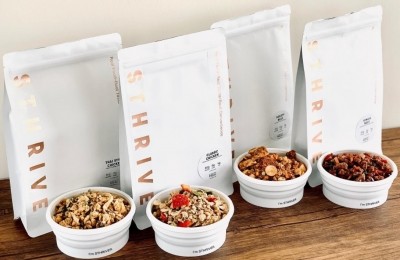Bug nutrition boost: South Korea adds locusts to approved edible insects list in alternative protein drive

South Korea has arguably one of the most advanced edible insect industries in the Asia Pacific region, particularly in terms of industry organisation as it has various legislations and policies in place governing the development of the sector.
Amongst these include the ‘Third Comprehensive Plan For Nurturing The Insects and Sericulture Industry’ published earlier this year, as well as the ‘Insect Industry Promotion Support Project’ launched last year aimed at advancing the industrialisation and business aspects of the sector.
In line with these, the South Korean Ministry of Food and Drug Safety (MFDS) and Rural Development Administration (RDA) has recently unveiled the country’s latest addition to the nation’s approved edible insects list – the much-dreaded locust (Locusta migratoria) which is also known as Pulmuchi in the country.
“Pulmuchi are physiologically similar to grasshoppers, which have already been approved in Korea as an edible insect, [and] is also double the size and breeds twice as quickly, making for even better productivity,” MFDS said via a formal statement.
“MFDS has reviewed the relevant safety data including nutrition and toxicity from both domestic and international sources and also examined consumption effects on human consumers [before] accrediting pulmuchi as a food material.
“In other foreign markets, pulmuchi has already been approved as an edible insect in countries such as Belgium and Switzerland, and is also sold as dried products or powdered form in Thailand, the Netherlands. France, Germany, the United States and Finland.
“In addition, it is rich in protein (70%) and unsaturated fatty acids (7.7%), making it of high nutritional value as a food ingredient.”
Accordingly, MFDS also published a standardised version of guidelines for the ‘optimal manufacturing process’ to be employed when manufacturing products from locusts and similar insects.
“Manufacturers should take note of the optimal manufacturing process, which is to have the insects fast for one to two days, the refrigerate for at least 12 hours before thawing at 5°C. Following this, these must be washed three times by removing wings and legs then left in water for five minutes and under running water for another 10 seconds,” said the ministry.
“After the water is removed, sterilisation at 110°C for 10 minutes is compulsory, followed by freeze-drying at -40°C for at least 12 hours. [If the end-product is in powdered form], pulverising will be conducted as the last step, to a powder size of 100 mesh of less.”
The Korean domestic insect industry has grown some 84% in terms of sales numbers from KRW22.5bn (US$19mn) in 2016 to KRW41.4bn (US$35mn) in 2020.
Approved insects
Pulmuchi is the tenth insect variant officially approved by the government as an edible insect, with the other nine being grasshoppers, silkworm pupae, silkworm larvae, mealworm larvae, two-spotted crickets, Kolbe beetle larvae, Japanese rhinoceros beetle larvae, darkling beetles, and Western honey bee larvae.
South Korea is particularly keen to develop this sector, as can be seen by the various plans it has put in place from farming to business development.
“The aim is to vitalise South Korea’s edible insect industry [as] we already know insects have excellent nutritional value as an alternative protein source for the future,” the RDA said.
“Furthermore, there is also value in developing insects as a food source, as these are suitable for realising carbon neutrality goals due to their eco-friendly breeding characteristics.”
As yet though, no mention has been made of plans to tackle the industry’s current most pressing problem, which is the ‘ick’ factor many younger consumers have when faced with insect-based foods due to the globalisation or westernisation of diets, despite the country having a long history of entomophagy such as grilled grasshoppers as street foods.
So even as the government works to industrialise and organise the local edible insect sector, it would do well to bear in mind that for insect-based food products to become mainstream or generate the profits it seems to be targeting, more effort should be spent on converting consumer mindsets whilst all the other development work is being carried out.















